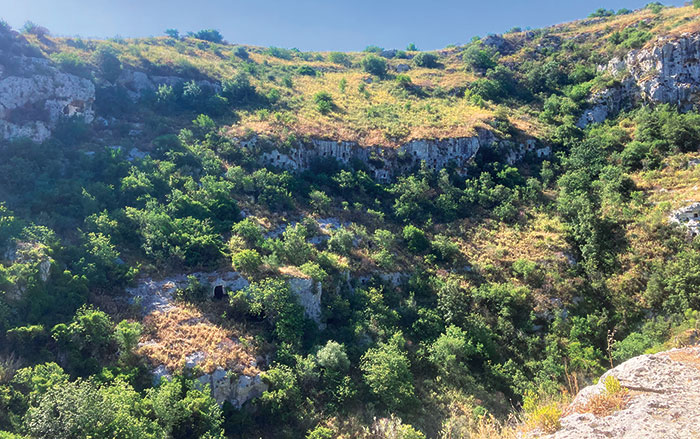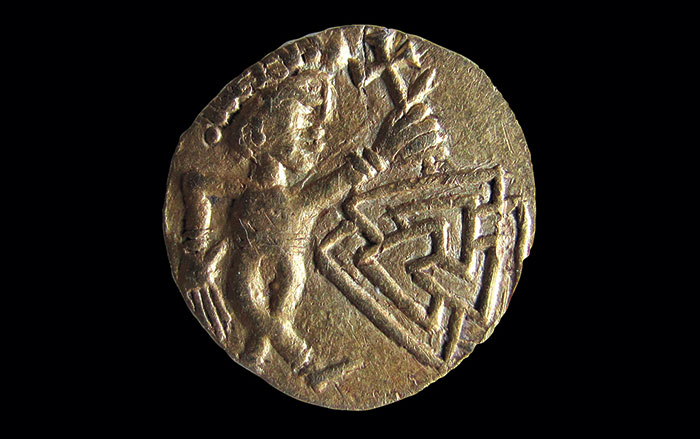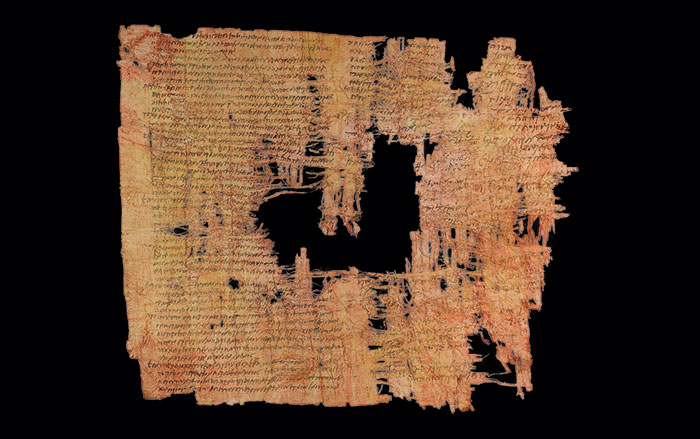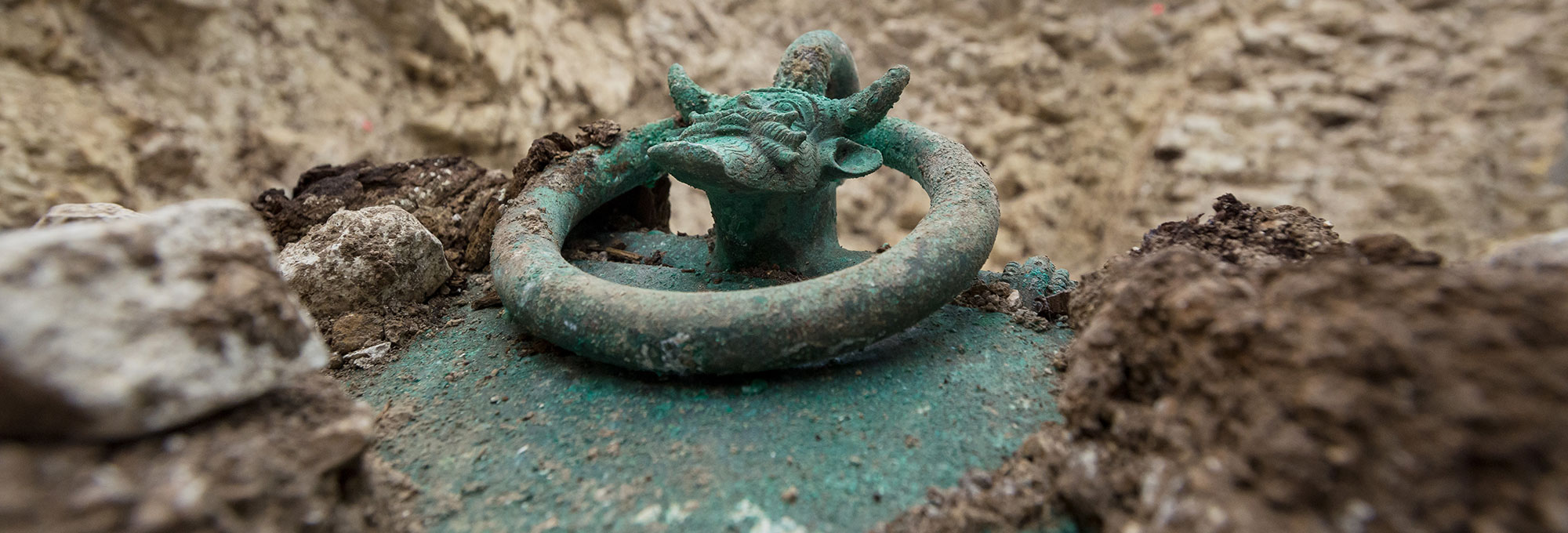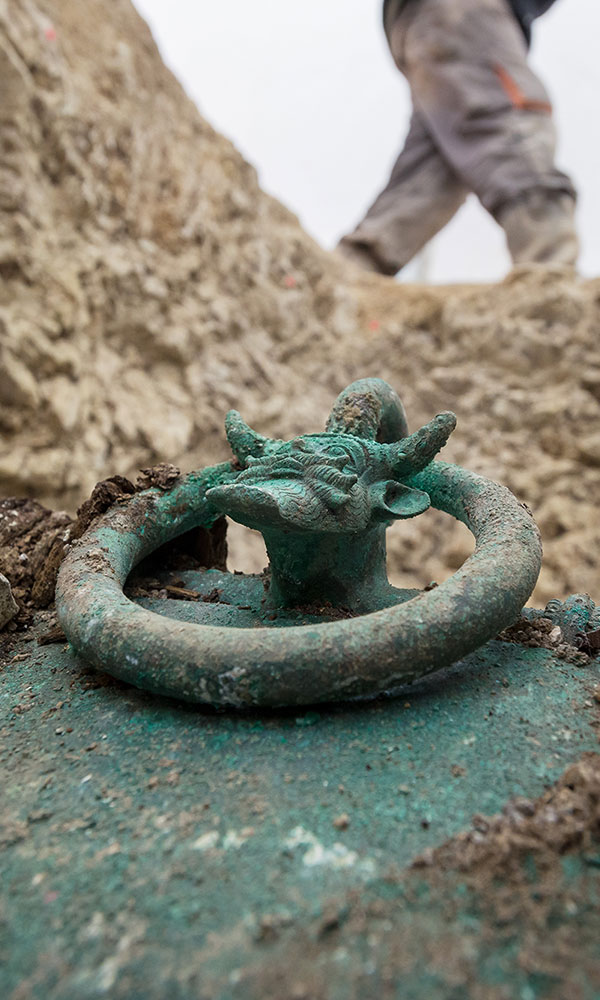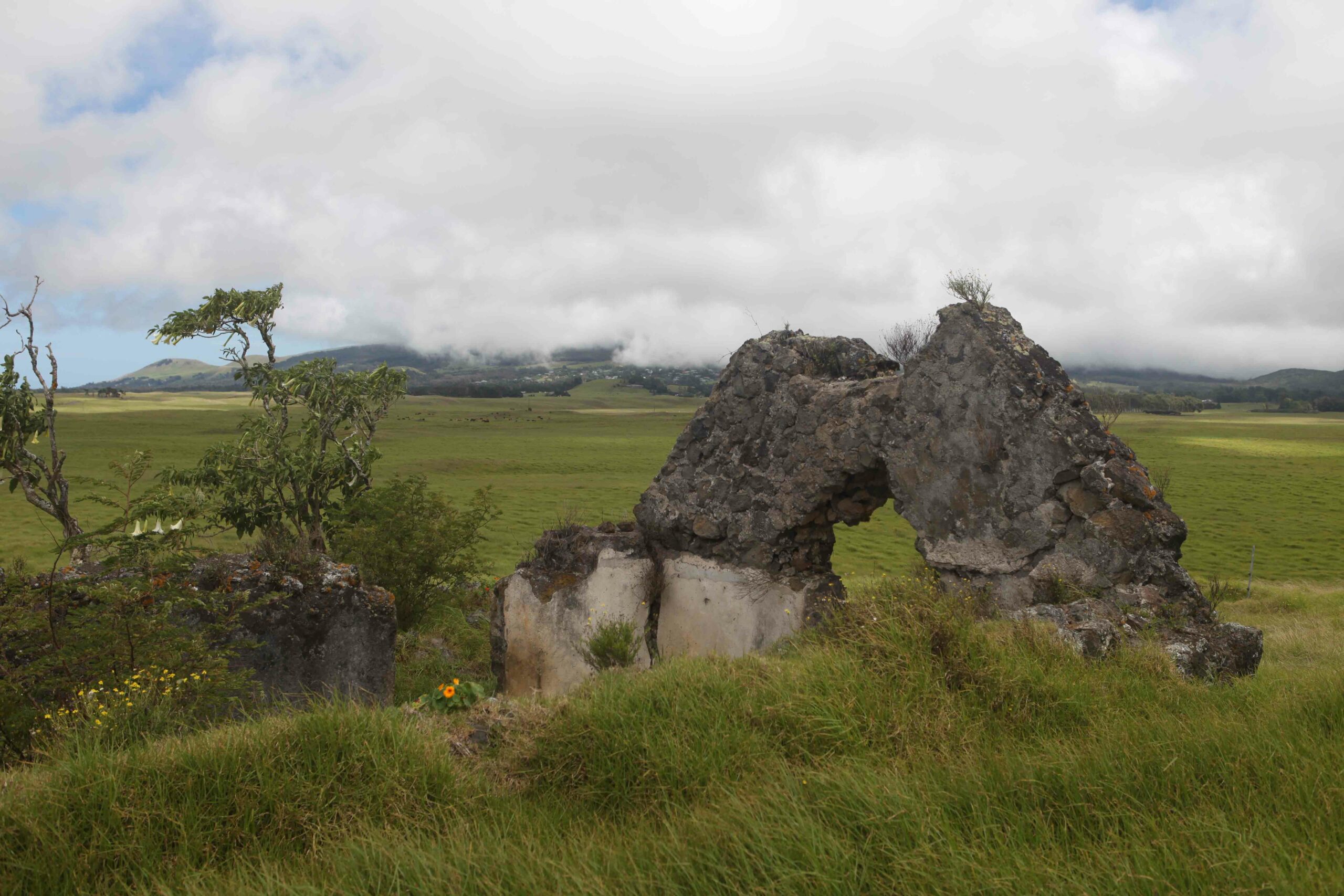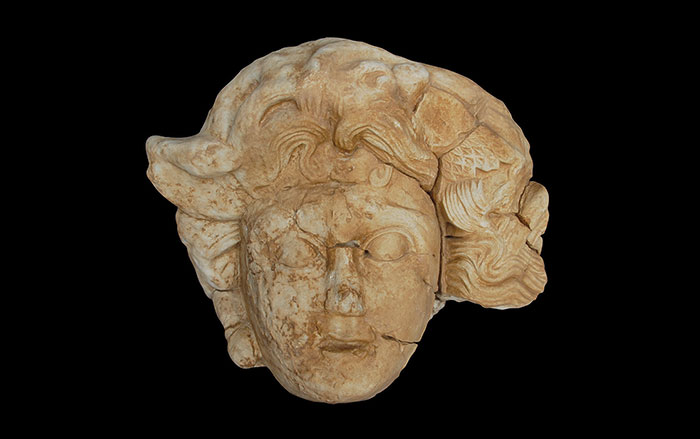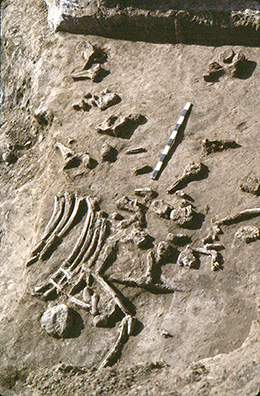
LARAMIE, WYOMING—Statistical analysis shows that more fossils, such as the remains of mammoths, mastodons, camels, horses, and ground sloths, have been lost in the continental United States and South America than in Alaska and areas near the Bering Strait. Todd Surovell and Spencer Pelton of the University of Wyoming compiled radiocarbon dates of bones from animals that died during the Pleistocene era and the rates at which sedimentary deposits were lost over time. “While bone preservation in Arctic regions is aided by cold temperatures and the presence of permafrost, considerably more bone has been lost over time in regions farther south—in fact, at a faster rate than the sediments in which they were deposited have eroded,” Surovell said in a press release. “That means that researchers must adjust for those differences as they estimate the numbers of these animals, many of which are now extinct, across the Americas,” he said. Estimates of populations of large mammals can be used to determine if their extinctions were caused by human hunters. To read about archaeology in the Arctic, go to "Saga of the Northwest Passage."



